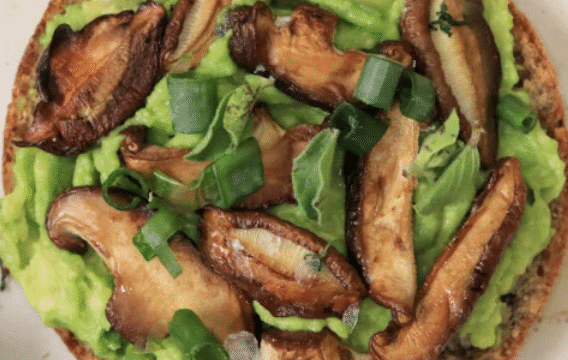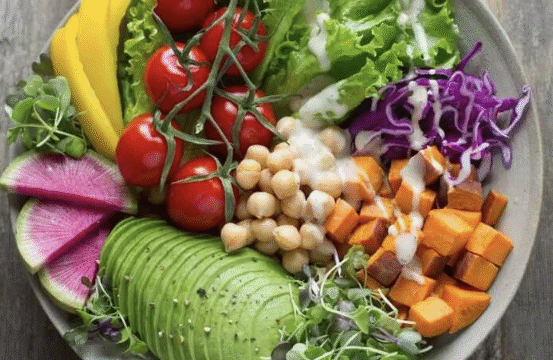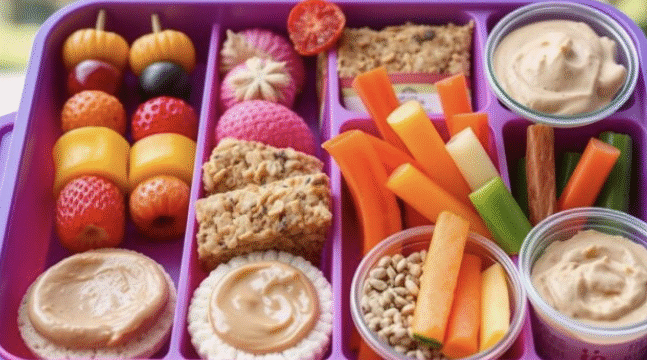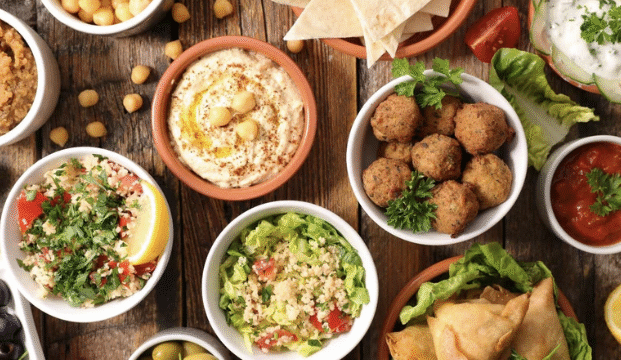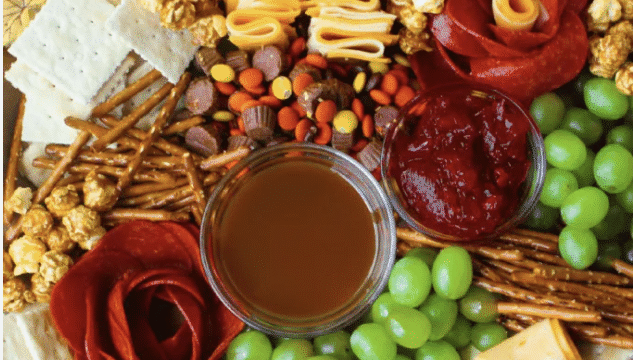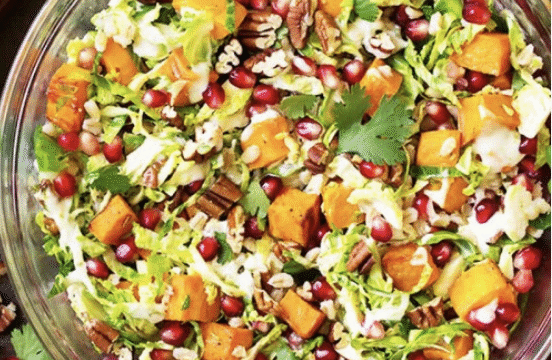Helping children develop a healthy relationship with food starts with open, positive conversations. When parents and caregivers talk about food in a balanced, age-appropriate way, it empowers kids to make mindful choices that support their growth and well-being.
Why These Conversations Matter
Children are constantly learning—from family meals, lunchboxes, and even commercials. When you take the time to explain the “why” behind food choices, kids begin to understand how food fuels their bodies and minds. These early lessons can set the stage for a lifetime of good habits.
Focus on the Big Picture
Rather than labeling foods as “good” or “bad,” encourage a broader understanding of balance. Use terms like:
-
“Everyday foods” (like fruits, vegetables, whole grains, lean proteins, and water) that help bodies grow and stay strong.
-
“Sometimes foods” (such as cookies or chips) that can be enjoyed in moderation as part of special occasions or treats.
This framing avoids shaming and helps children view all foods without guilt.
Make It a Two-Way Conversation
Ask questions like:
-
“What snacks help you feel full and energized at school?”
-
“Do you like trying new foods at lunch?”
-
“What do you notice after eating certain meals?”
These questions encourage reflection and give kids a voice in their own eating habits.
Use Simple, Positive Language
Avoid complex nutrition jargon or fear-based talk. Instead, try:
-
“Carrots help you see well in the dark.”
-
“Water keeps your brain sharp at school.”
-
“Whole grain bread gives you energy for soccer practice.”
Focus on what food does for the body, not what it prevents.
Model Healthy Choices
Children learn best by example. Include a variety of colorful, nourishing foods in your own meals, and talk about why you enjoy them. When they see you making balanced choices and treating food as fuel—not a reward or punishment—they’re more likely to follow your lead.
Include Kids in Planning and Prep
Let children:
-
Help choose recipes or items at the grocery store
-
Wash fruits and veggies
-
Arrange food on a plate
Involvement in food prep encourages curiosity and confidence around food.
Final Thought
Talking to your kids about food doesn’t have to be complicated. Keep it positive, consistent, and inclusive. With your support, children can build the knowledge and confidence to make food choices that nourish their growing bodies—and develop a healthy relationship with eating that lasts a lifetime.

